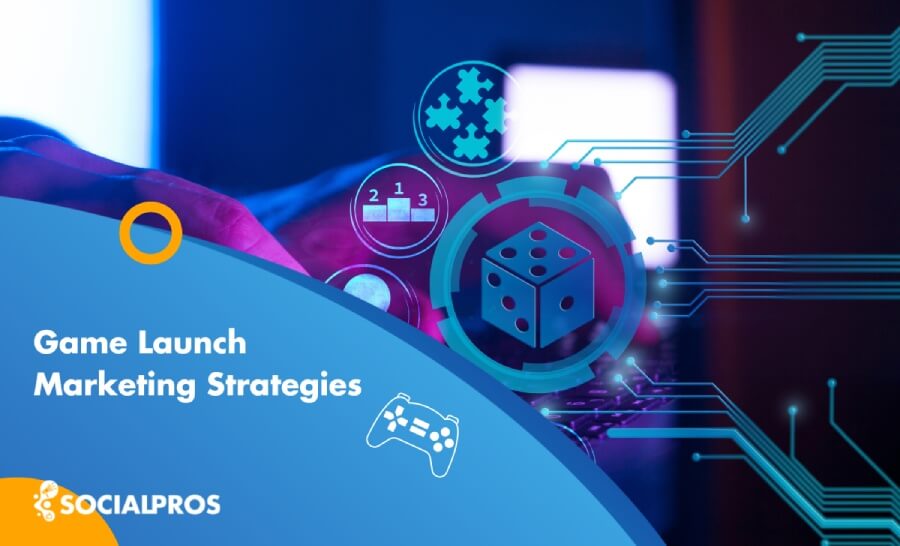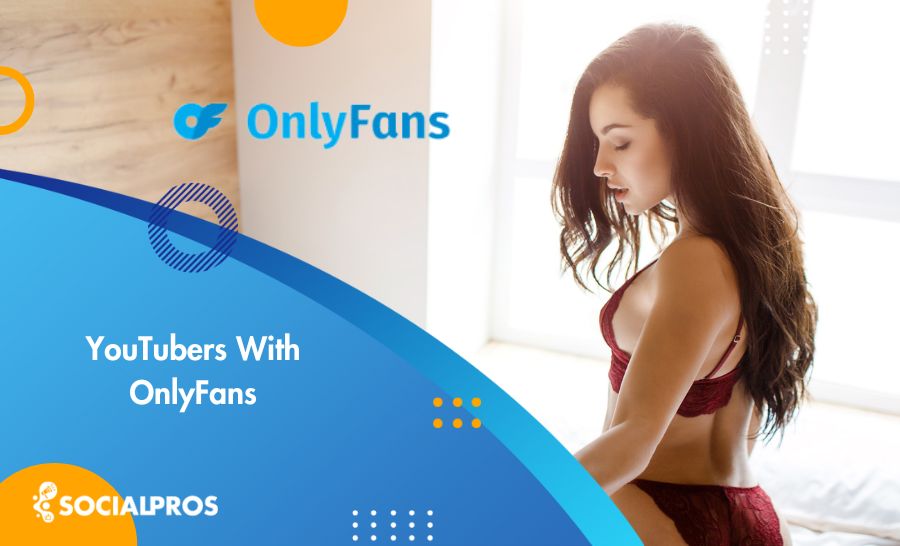Page Contents
In the fiercely competitive world of video games, creating a fantastic game is only half the battle. The other half? Making sure people know about it is where a well-crafted game launch marketing strategy comes into play.
Like a well-plotted narrative in an RPG or a perfectly timed combo in a fighting game, a successful launch strategy can make all the difference between a hit title and a game that languishes unnoticed in the depths of an app store. Let’s explore three proven game launch marketing strategies that can catapult your game to the top of the charts.
Pre-Launch Marketing Strategies
Before diving into the actual launch, it is essential to build anticipation and generate excitement around your game. The pre-launch phase plays a crucial role in capturing the attention of your target audience and creating a buzz. Here are some strategies to consider:
1. Develop a Compelling Teaser Campaign
Creating a teaser campaign is an excellent way to build anticipation and engage potential players. Release short video clips, screenshots, or teaser trailers that showcase intriguing aspects of your game without revealing too much. Teasers should leave the audience craving for more and eager to learn about the full game.
2. Leverage Social Media Platforms
Harness the power of social media to create a community around your game. Engage with your target audience through platforms like Twitter, Facebook, Instagram, and YouTube. Share behind-the-scenes content, development updates, and exclusive sneak peeks. Encourage user-generated content and run contests or giveaways to increase excitement and reach.
3. Collaborate with Influencers and Content Creators
Partnering with influential gamers and content creators can help amplify your game’s visibility. Identify individuals or channels with a significant following and a relevant audience. Provide them with early access to your game and encourage them to share their experiences and opinions with their followers through gameplay videos, reviews, or live streams.
Building a Community
The first level in your marketing quest is building a dedicated community around your game. Start by creating a robust online presence across relevant social media platforms, your website, and gaming forums. Whether your company releases a blackjack online title or an immersive 3D adventure game, the goal is to generate buzz and engage with your audience.
Develop behind-the-scenes content, share game teasers or artwork, and give potential players a glimpse into the development process. Involving your community in the game development journey helps to cultivate a sense of ownership and loyalty among your audience. Moreover, consider hosting virtual events, AMA (Ask Me Anything) sessions, or webinars. These interactive platforms can serve as a space to discuss the game, gather feedback, and answer queries, further bolstering player engagement.
One benefit of building a community is that it can also act as social proof. When players see others talking about how much they enjoy your game, they are likelier to try it.
Influencer Marketing and Collaborations
Next up on the strategy ladder is influencer marketing. As a skilled mage can boost your party’s effectiveness in an MMO, influencers can amplify your game’s reach and credibility. They act as a bridge between you and your target audience, leveraging their large follower base and trusted opinions.
Research influencers who align with your game’s genre and audience. Collaborations can range from sponsored posts and live streams to game reviews and exclusive sneak peeks. The key is to create authentic, engaging content that resonates with the influencer’s audience, igniting their interest in your game. Additionally, consider partnering with other brands or companies for cross-promotion. Such collaborations can offer mutual benefits, opening your game to a broader audience.
As with any marketing strategy, ensure you work with influencers and partners who share your values and align with the game’s vision. This partnership can lead to more significant brand recognition, increased social following, and, most importantly, increased sales.
Strategic Timing and Pre-Launch Hype
Strategic timing can be critical to your launch success. Analyze market trends, competitor releases, and significant industry events to pick an opportune launch window. As you approach the launch date, crank up the pre-launch hype. Think of it as the final boss battle of your marketing campaign, where you pull out all the stops. Release captivating trailers, host pre-launch events or competitions, and offer pre-order bonuses or early access to spark excitement.
Remember, the goal is to build momentum that climaxes with the game’s release, propelling your game to the forefront of the gaming community’s collective consciousness. For example, consider teasing unique features of your game or releasing a limited-time demo to generate buzz and increase players’ anticipation. This pre-launch activity can help you garner maximum visibility on launch day.
Tips for Creating Effective Game Launch Marketing Strategies
As you embark on your game launch marketing journey, keep in mind these tips for creating effective strategies:
- Understand your audience. Not all games appeal to all gamers. Identify your target audience and tailor your marketing strategies to their interests and habits. The more precisely your efforts align with their preferences and needs, the more likely you are to build a dedicated following.
- Leverage analytics. Data is a valuable resource in understanding player behaviour, fine-tuning your marketing efforts, and gauging the effectiveness of your strategies. Track metrics like engagement rates on social media platforms or website traffic to get a clearer picture of what players respond to.
- Experiment with different tactics. There’s no one-size-fits-all when it comes to game launch marketing strategies. Test out various methods and analyze their impact. You can try running different types of ads, partnering with diverse influencers, or hosting virtual events to see what works best for your game and audience.
- Maintain engagement post-launch. The game launch might end, but your marketing efforts shouldn’t be. Continue to engage with your community, release regular updates or new content, and address player feedback to keep your audience invested.
These are just a few suggestions to get you started. Remember that effective game launch marketing strategies require ongoing effort and maintenance, so don’t be afraid to adapt your approach as needed.
FAQs on Launch Marketing Strategies
Here is a list of frequently asked questions regarding Game Launch Marketing Strategies:
Q1: How much should I invest in game launch marketing?
The amount you should invest in game launch marketing varies depending on your budget and goals. It’s important to allocate a significant portion of your budget to marketing efforts to maximize visibility and reach your target audience effectively.
Q2: Should I focus more on organic marketing or paid advertising?
A combination of both organic marketing and paid advertising often yields the best results. Organic marketing, such as social media engagement, content creation, and influencer collaborations, helps build a strong community and generate buzz. Paid advertising, such as app store ads, social media ads, or Google Ads, can significantly boost your game’s visibility and reach a wider audience.
Q3: How do I measure the success of my game launch marketing efforts?
Success metrics for game launch marketing can include the number of pre-orders or early sales, app store rankings, user engagement (reviews, ratings, social media interactions), media coverage, and overall revenue generated. Set specific goals and use analytics tools to track these metrics and assess the effectiveness of your marketing strategies.
Q4: Is it necessary to hire a marketing agency for my game launch?
Hiring a marketing agency can provide expertise, industry connections, and a dedicated team to handle your game launch marketing. However, it is not mandatory. With careful planning and execution, you can also implement effective marketing strategies in-house. Consider your budget, resources, and the complexity of your marketing needs before making a decision.
Q5: How long should my game launch marketing campaign last?
The duration of your game launch marketing campaign depends on various factors, such as the genre of the game, target audience, and marketing goals. Generally, it is advisable to start building anticipation and promoting your game several months before the launch and continue with post-launch marketing efforts for an extended period to maintain momentum and engage players.
Conclusion
Just like a well-designed game requires strategy, creativity, and an understanding of its players, so to does a successful game launch marketing campaign. Remember, the ultimate goal is to attract players and build a loyal base that will continue to engage with and support your game long after its launch.





